Learn How to Avoid Falls At Home
It’s important to learn how to avoid falls as we age. Yes, an obvious reason is to reduce the risk of injury. A fall can bruise and damage your skin, and break major bones. At worst, a fall when you are older can be fatal. Another important reason is the effects of a fall can affect your ability to be independent in your own home.
Safety at home
That’s right, safety starts at home. By making a few changes to your home environment you can help avoid falls. Here are a few suggestions:
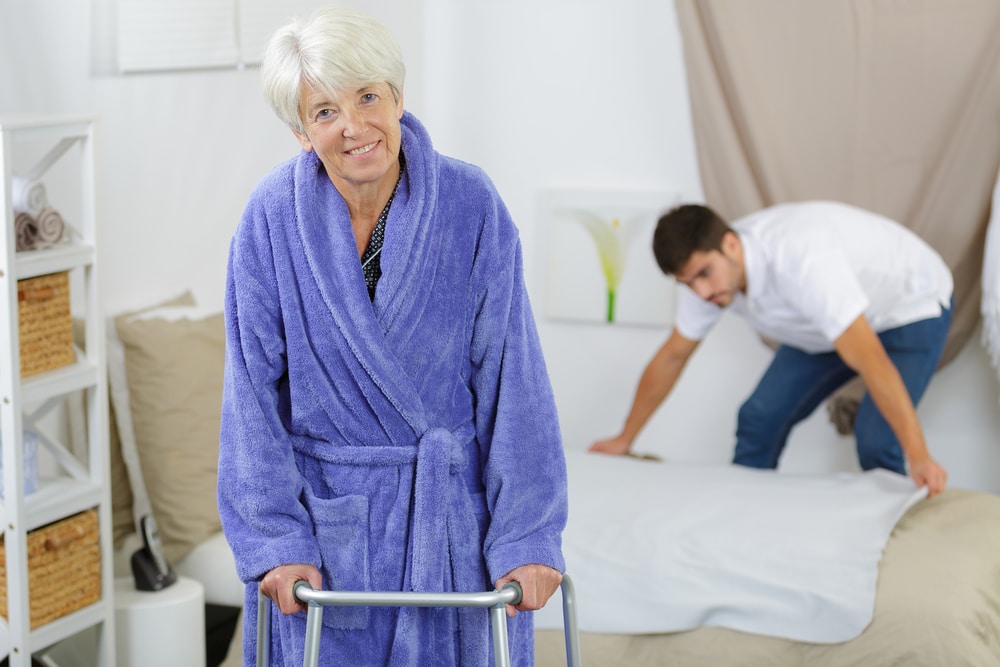
Reacher and grabbers
These arm extensions can be used for all kinds of things. Picking up your clothes and shoes, pulling curtains – anything you are finding hard to reach.
Anti-slip tape and anti-trip tips
Stick non-slip tread on any steps and stairs to your home. If you use mats around your home secure them to your floor with double-sided tape. De-clutter in general, remove anything that you might trip on or over. Keep any loose electrical cords around the edges of your room or cover with tape.
Grab bars
Fix grab bars to the walls in your shower, bath and by your toilet help to maintain your balance. These areas are the most common for slips and trips no matter your age. The impact of a fall is increased in a washroom area because the surfaces can be both slippery and hard.
Rubber mats
Swap any floor mats in your bathroom and kitchen to those made of non-slip rubber. Rubber mats placed on the bottom of your shower and bath help with your stability. They prevent accidental slips when you are getting in and out of your shower or tub.
Shower seats
Bath chairs and shower seats are a great addition to a washroom to make it easier to bathe. Even brushing your teeth while sitting at a basin can feel more secure than standing.
Know your limits to avoid falls
As we age we all lose the ability to do some of the tasks we used to do. Adjust to what your body can and can’t do to avoid falls. The causes of falls when we age can be due to many factors. These include illnesses and medications, reduced balance and movement, and the environment.
If you can’t take the garbage bins out anymore – then don’t! Ask family, a friend or a neighbor. If you can’t reach items you used to store in high or low cupboards, move everything to a comfortable height for you.
Put your mind at ease in your home. Just a few additions and adaptations can help avoid falls. There are many things you can do yourself to make it a safe place.
Occupational and physical therapies
If you or someone you love requires assistance with living safely at home, see occupational and/or physical therapists. They can give you useful hints and tips to help you adapt your living environment to be safe and avoid falls. They can also show you how to use your home safety equipment correctly. They can offer so much to help you. Don’t hesitate to see them if you want to avoid falls!
This article is for educational and informational purpose only and does not substitute for professional medical advice. For any questions about your own health condition, speak to a qualified physician or healthcare provider.

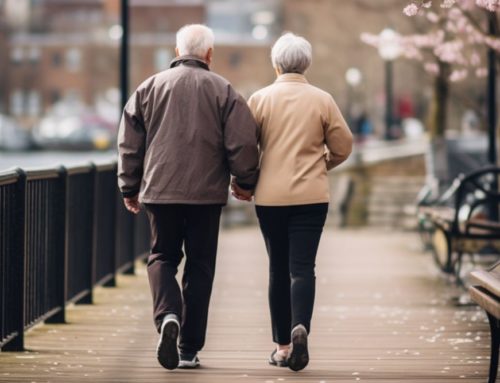
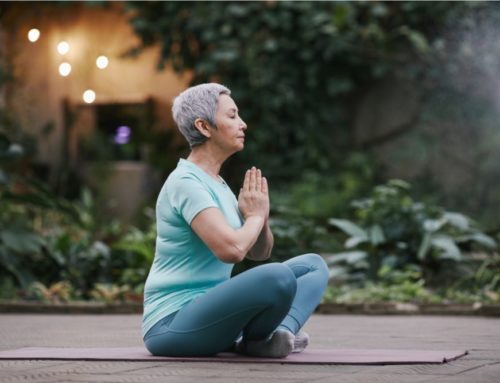
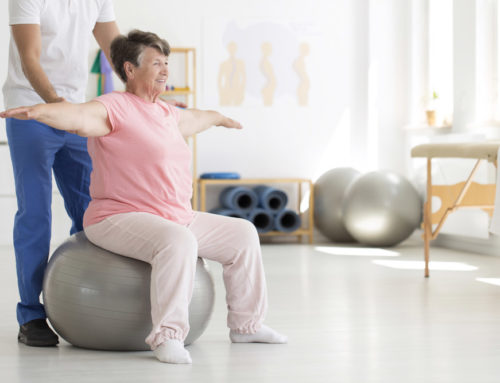
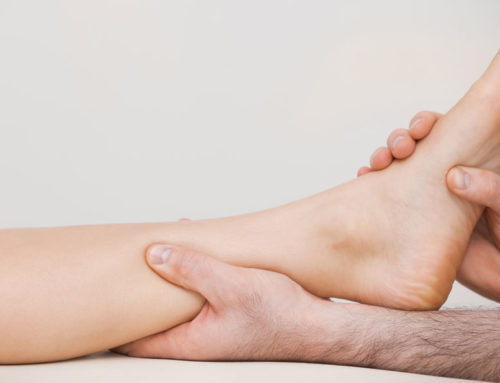

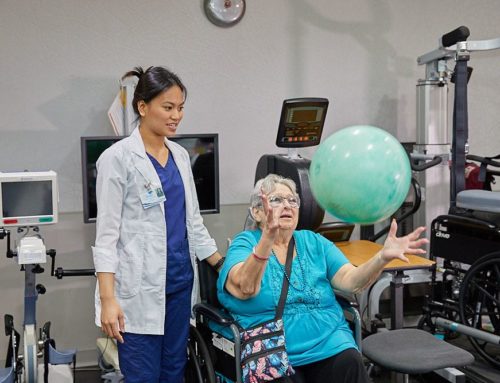
Leave A Comment